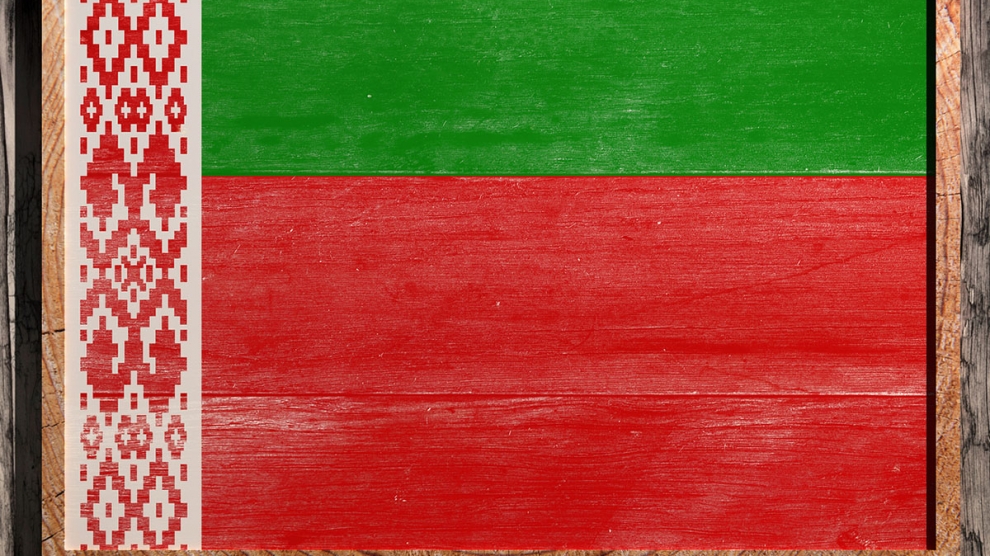Belarus is one of the best kept secrets in Europe. Beautiful forests stretch for hundreds of kilometres across the country, peppered with blue glacial lakes and rivers with crystal clear water. Idyllic hamlets, beautiful cathedrals and old castles, which date back to the glorious days when the Radziwill family governed the land…
Well, the country is not a complete secret any longer as it is rapidly pursuing greater openness and establishing closer ties with the rest of the world. Since the introduction of visa-free entry for tourists, tens of thousands of people have visited this hospitable European state.
Indeed, great road infrastructure and wonderful landscapes make Belarus a desired destination for eco-tourists. However, the country is attractive not only because of its nature and history. Its private sector has grown over the past decade, and the government is making efforts to liberalise the business environment and establish good conditions for foreign investors.
As Belarus looks to attract FDI and find new markets for its products, the country has deepened its engagement with international financial institutions like the EBRD. The EBRD has also increased its operations in the country over the last two years. The newly adopted EBRD country strategy for Belarus allows the Bank to work in a variety of sectors and areas from privatisation of state-owned enterprises and banks, where the EBRD provides expert advice and pre-privatisation support, to supporting modernisation of key national and municipal infrastructure players.
In early April 2018, the EBRD provided a 42.5 million euros sovereign loan for the completion of the outer ring road in Minsk, which will enable better interconnections around the Belarusian capital and improve links between the country’s major highways. The EBRD provides comprehensive support to prepare the upgrade of a section of the major M10 international transport corridor under a public-private partnership concession scheme, for the first time in Belarus. The Bank is also scaling up operations in the municipal sector. Recently signed projects will help modernise water supply and wastewater management in several towns with a total population of over 400,000 people.
The EBRD is in constant dialogue with the Belarusian authorities to support policy reforms that continue liberalising the economy and lead to an improvement in the lives of the Belarusian people. We are assisting with the introduction of good corporate governance standards and best manufacturing and environmental practices, which improve performance and increase the value of companies. The Bank is supporting preparations for privatisation of two state-owned banks – the area where we have very strong expertise – and is also helping the country develop its capital markets and adopt modern approaches in the energy efficiency area.
Private sector development remains the EBRD’s primary goal in Belarus. As small and medium-sized companies are very important for the country, we provide MSMEs with various lending products via partner banks as well as expert advice through the EU4Business initiative and specialised programmes like Women in Business designed to promote female entrepreneurship.
Belarus boasts a wide range of traditional and new sectors. It has a well-developed wood processing industry, which has already attracted international investors , some with EBRD participation. The country’s agricultural sector is also very promising and is open for cooperation. The high-tech park established in Minsk has yielded rapid growth of the IT sector, which has become an eye-catching international phenomenon and the destination of choice for many software developers. In fact, Belarus has developed some globally recognized IT brands, including Viber and World of Tanks. In 2017, it became one of the first states in the world to regulate transactions in crypto-currencies on the base of the high-tech park.
Overall, there are many investment opportunities here, and so it is time to come to Belarus and check them out.
—
The views expressed in this opinion editorial are the author’s own and do not necessarily reflect Emerging Europe’s editorial policy.






Add Comment